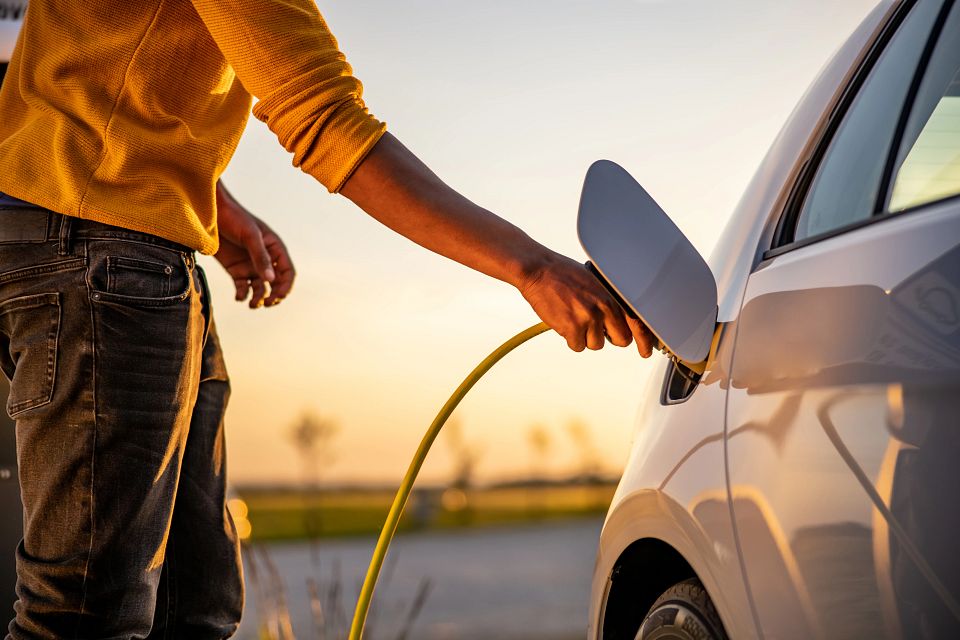Under new federal leadership, Australia is reinvigorating its plans to incentivise the roll-out of electric vehicles in Australia. However, there’s no light switch here. No flood gates to open.
Years of underinvestment in the infrastructure and policy frameworks required to tackle the not insignificant task of transitioning away from petrol and diesel vehicles to electric and hybrid alternatives puts us years away from any tangible change.
Let’s consider the scale of the challenge: as of 31 January 2021, there were 20.1 million registered motored vehicles in Australia. While electric vehicle registrations increased by 62.3 per cent from the previous year, EVs only represented 1.8 per cent of registrations.
Fundamentally, we need more people and institutions to buy more electric vehicles. A lot more. One way of addressing this is affordability. Recently, the Albanese government introduced amendments to the Fringe Benefits Tax Assessment Act which, if passed, would see zero or low emissions cars exempt from FBT.
Upon seeing the proposed amendments, I checked Arcadis’s recently updated Global Electric Vehicle Catalyst Index. For context, Australia is placed towards the bottom of the list of 15 countries / jurisdictions in terms of EV government support for EVs and EV market maturity. It’s a low base with plenty of potential to improve upon if we invest in the right areas.
In the latest update, and before the proposed tax amendments, Australia scored 2.25 out of 4, one of the lowest of the 15 countries rated. The tax incentives will lift the score and importantly incentivise vehicle manufacturers and infrastructure investors to commit more strongly to Australia.
While today’s move is a start, to really move the needle to EV readiness we will require more regulation to support EVs, a timeframe for banning petrol/diesel vehicles and a stronger net zero carbon declaration. Much stronger regulation on emission quality would also assist.
Interestingly, the Australian Capital Territory is a first mover in committing to the phase out of all petrol vehicles sales by 2035. It’s a move many state leaders are unwilling to take until there is more certainty around the infrastructure to support the large scale roll out of EVs.
The scale of the transition can sometimes seem insurmountable, however our peers around the world are making much greater strides than we are here.
The UK is the country to emulate, with a score of 3.75 out of 4 for their government leadership and incentives. The UK’s electric vehicle strategy, released in March this year, commits to the end petrol and diesel car sales by 2030 and for all new cars and vans to be fully zero emissions at the tailpipe by 2035.
The £950m Rapid Charging Fund will accelerate the roll out of high-powered chargers on the UK’s strategic road network. There will also be an obligation on local authorities to develop and implement local on-street charging strategies that are accessible, affordable and reliable.
Plug in Grants and Electric Vehicle Homecharge Schemes put purchasing power into the hands of individuals who thought they were priced out of owning an EV.
These are examples of the kinds of investments and policy decisions we need to see from Australian federal and state governments to support the transition to electric vehicles.
A consultation paper on what an Australian EV policy could look like is due to go to market shortly and will inform a plan we understand will be released as part of the 2022-23 Federal Budget in late October.
We look forward to responding to the paper and highlighting some of the unique challenges (like our vast distances between urban areas), and our opportunities (such as the potential for renewable energy) in making the successful transition to EVs. As experts in this space, we know what can be achieved when the right levers are pulled.



